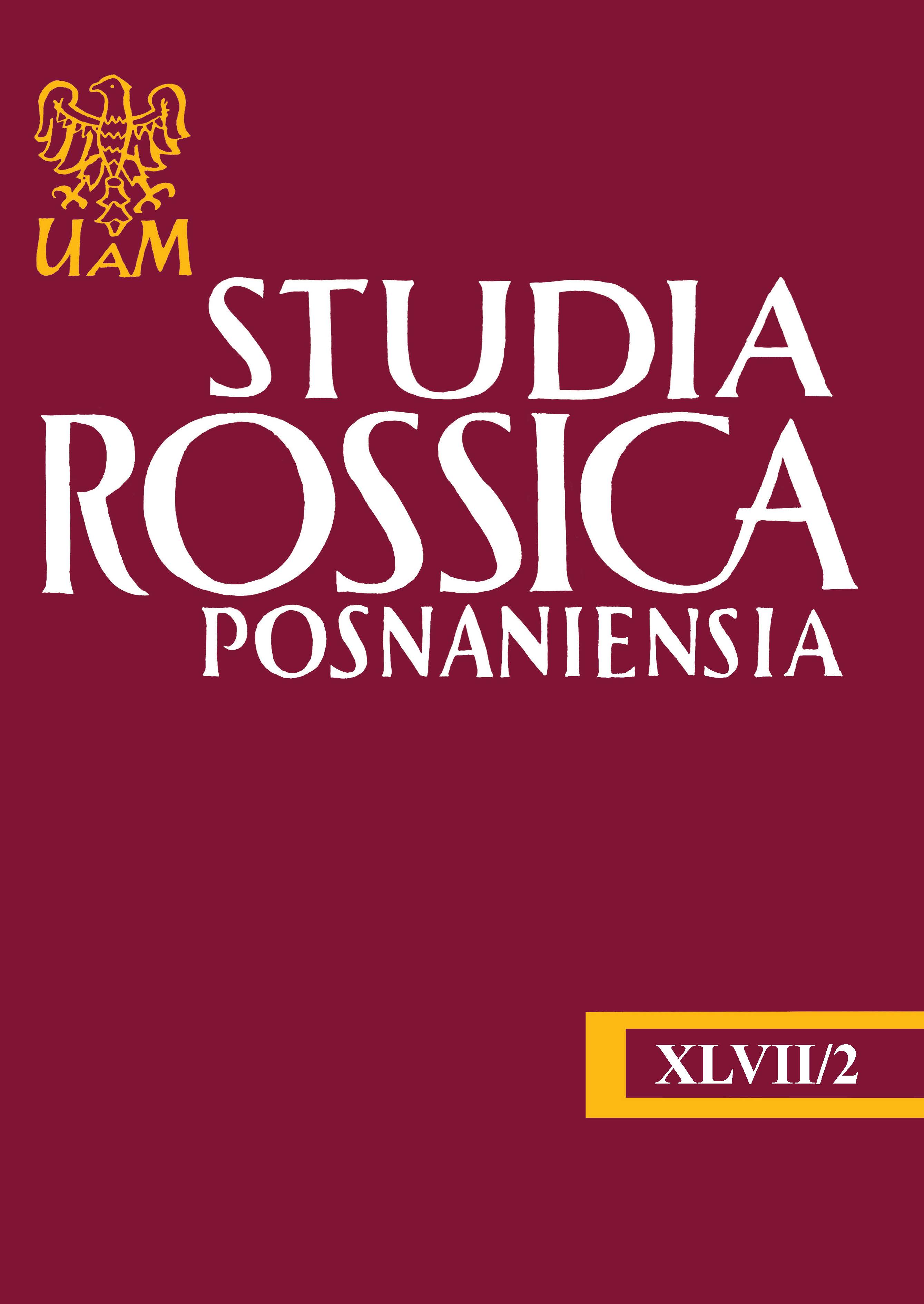Псалтирь царя Давида Симеона Полоцкого в контексте паралитургической и парафрастической традиции XVI–XVII вв.
King David’s Psalter by Symeon of Polatsk in the context of paraliturgical and paraphrastic tradition of XVI–XVII centuries
Author(s): Żanna Niekraszewicz-KarotkajaSubject(s): Language and Literature Studies, Theology and Religion, Translation Studies, Sociology of Religion, History of Religion
Published by: Uniwersytet Adama Mickiewicza
Keywords: Psalter; artistic paraliturgical discourse; poetic paraphrase; Helius Eobanus Hessus; Ioannes Mylius Libenrodensis; Jan Kochanowski; Symeon of Polatsk; Nikolai Diletsky
Summary/Abstract: The collection of poetic translations of King David’s Psalms, compiled by Symeon of Polatsk, is usually used in the scientific discourse under the descriptive title Psaltir’ rifmotvornaya. In this article, King David’s Psalter (1680) of Symeon is considered not in the context of the poet’s entire creative heritage, but in terms of the evolution of the European book tradition of paraliturgical discursive psalmic practices and the poetic paraphrase of the psalms, beginning with the German poets of the Renaissance Helius Eobanus Hessus and Ioannes Mylius Libenrodensis. Not only the artistic experience of Western and Central Europe but also of the Grand Duchy of Lithuania is taken into account. Addressing the broader historical context allows us to move away from traditional scientific discussions about the degree of influence of Jan Kochanowski’s poetic paraphrases of psalms (Psałterz Dawidów, 1578) and to more adequately appreciate Symeon’s merits in the field of cultural transfer. The King David’s Psalter of Symeon is evaluated as a result of the interaction of the European book tradition of creating poetic paraphrases of biblical texts and the East Slavic singing culture. The functioning of this culture from the end of the 16th century and especially in the 17th century was greatly influenced by Polish spiritual songs (first of all, the poetic paraphrases of the psalms of Jan Kochanowski), as well as by the increased interest in polyphonic singing thanks to Nikolai Diletsky.
Journal: Studia Rossica Posnaniensia
- Issue Year: 47/2022
- Issue No: 2
- Page Range: 9-25
- Page Count: 17
- Language: Russian

